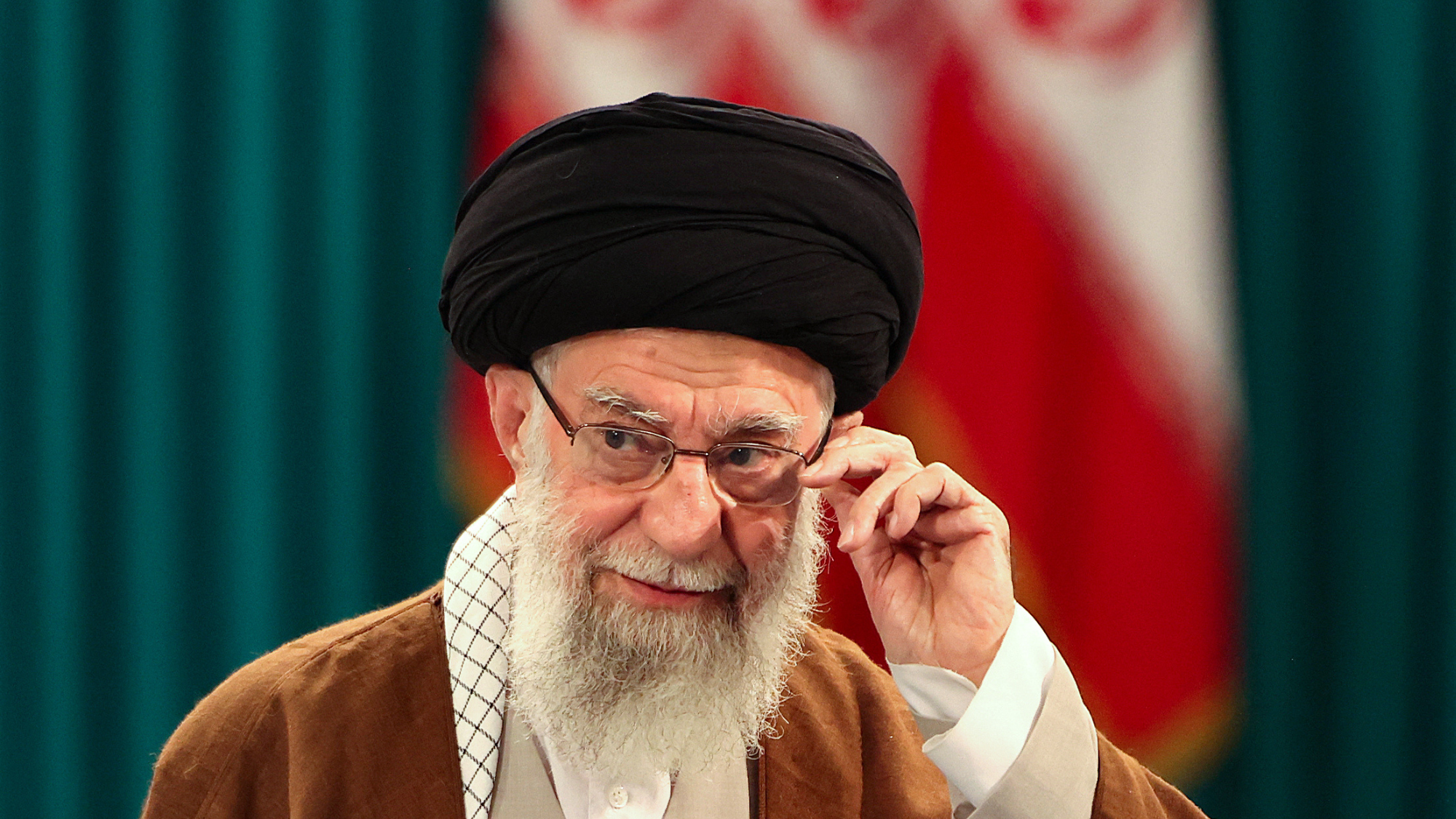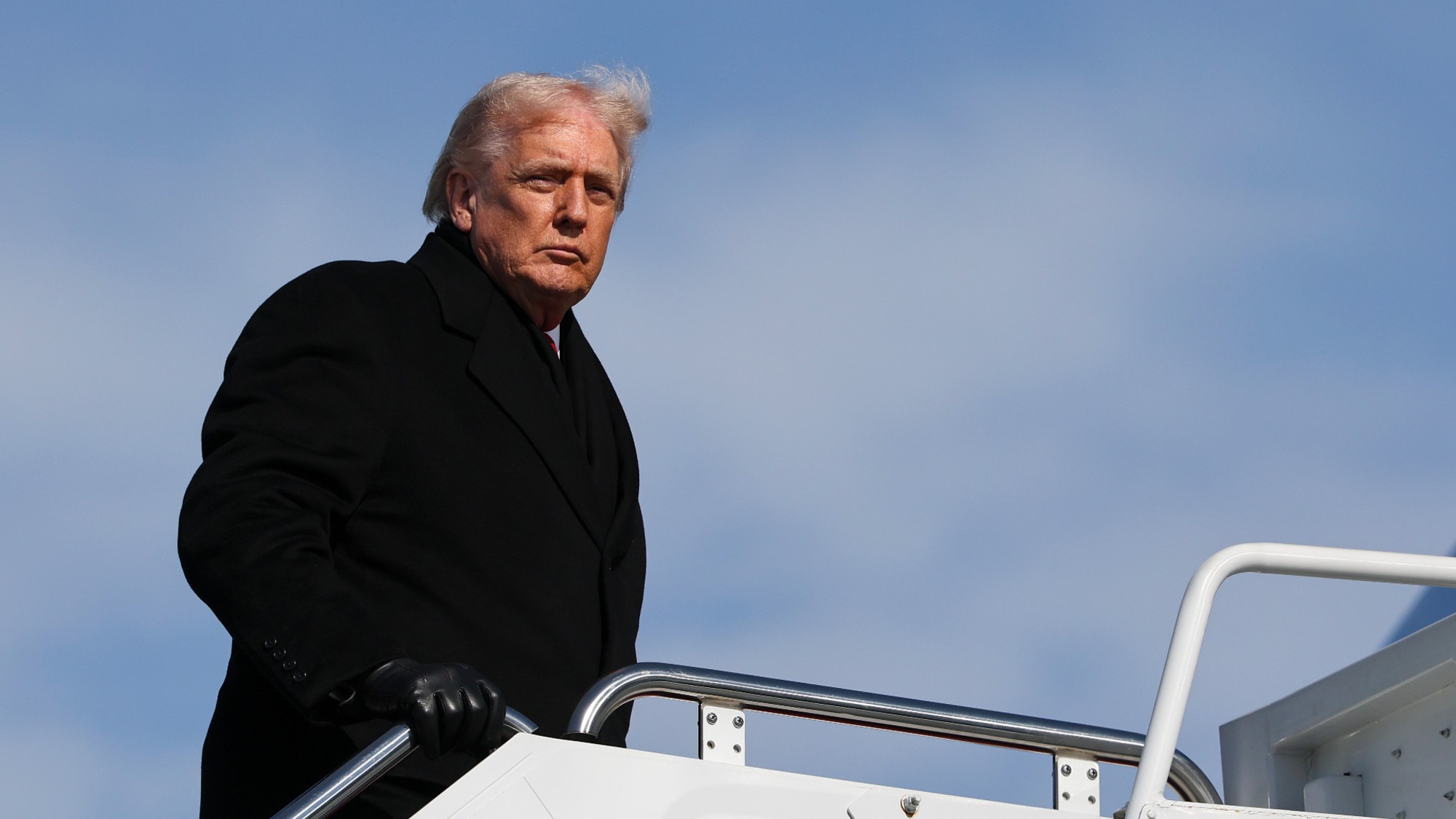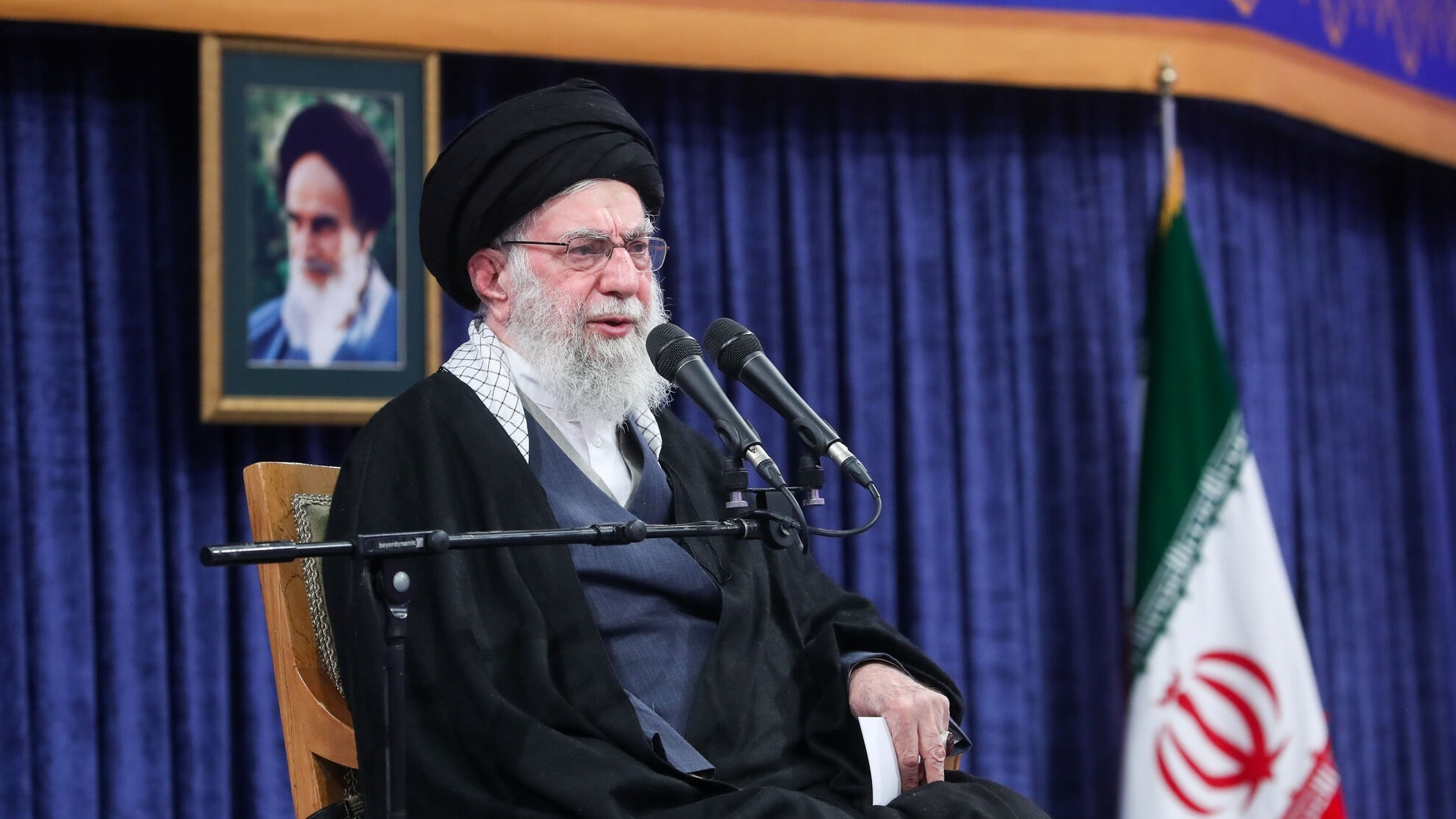Israel attacks Iran: a 'limited' retaliation
Iran's humiliated leaders must decide how to respond to Netanyahu's measured strike

It took 25 days to act, said Arash Azizi in The Atlantic, but last Saturday Israel finally responded to the salvo of missiles fired at it by Iran. The operation – named "Days of Repentance" – involved more than 100 Israeli fighter jets, and targeted air-defence systems, radars, military bases and missile production factories across Iran, including on the outskirts of Tehran.
It was the "most significant attack on Iran by any country since the 1980s", but fell a long way short of the apocalyptic strike some had feared. Israel didn't target Iran's nuclear or energy infrastructure, nor did it assassinate any political or military leaders. According to insiders, Israel even used intermediaries to give Tehran a day's warning, to avoid mass casualties (Iran said four soldiers died in the strikes). Given the limited nature of the attack, Iran has an opportunity to de-escalate the conflict by calling it quits.
What this strike shows, said Yossi Melman in Haaretz, is that, for all his bluster, Israel's PM, Benjamin Netanyahu, is "well aware of the limitation of Israel's power and its dependence on the US". He knew better than to push his luck days before America's election. Still, the attacks were a devastating display of Israel's aerial and intelligence superiority, showing it has the capacity to attack any Iranian site it wishes. The strikes were far from cosmetic, said Arieh Kovler in The Spectator. According to the Israeli journalist Barak Ravid, Israel targeted all of Iran's rocket-fuel mixers. Destroying them could cripple Iran's missile production "for months or years". That's bad for Tehran, and for Russia, which wants to use some of those missiles in Ukraine.
The Week
Escape your echo chamber. Get the facts behind the news, plus analysis from multiple perspectives.

Sign up for The Week's Free Newsletters
From our morning news briefing to a weekly Good News Newsletter, get the best of The Week delivered directly to your inbox.
From our morning news briefing to a weekly Good News Newsletter, get the best of The Week delivered directly to your inbox.
The question now is how Iran's humiliated leaders will respond, said The Economist. Israel's attack signals the failure of Tehran's national-security doctrine, which was based on outsourcing the job of fighting Israel to local proxies such as Hamas and Hezbollah. Iran's options are now limited. To regain a measure of deterrence, it could try to rebuild those militias, but that would mean "doubling down on a failed strategy". It could seek to boost its own military capabilities, but it lacks money. As for racing to create a nuclear bomb, that would invite further Israeli attacks that Iran, following the destruction of several of its air-defence batteries, is in no position to fend off. Another option, of course, would be to "pursue a less ideological foreign policy". But while most Iranians would welcome that, their 85-year-old supreme leader, Ali Khamenei, would never countenance it. We'll have to wait to see if his successor is more "pragmatic".
A free daily email with the biggest news stories of the day – and the best features from TheWeek.com
-
 ‘Ghost students’ are stealing millions in student aid
‘Ghost students’ are stealing millions in student aidIn the Spotlight AI has enabled the scam to spread into community colleges around the country
-
 A running list of everything Donald Trump’s administration, including the president, has said about his health
A running list of everything Donald Trump’s administration, including the president, has said about his healthIn Depth Some in the White House have claimed Trump has near-superhuman abilities
-
 NASA’s lunar rocket is surrounded by safety concerns
NASA’s lunar rocket is surrounded by safety concernsThe Explainer The agency hopes to launch a new mission to the moon in the coming months
-
 Israel retrieves final hostage’s body from Gaza
Israel retrieves final hostage’s body from GazaSpeed Read The 24-year-old police officer was killed during the initial Hamas attack
-
 Iran unleashes carnage on its own people
Iran unleashes carnage on its own peopleFeature Demonstrations began in late December as an economic protest
-
 The rise of the spymaster: a ‘tectonic shift’ in Ukraine’s politics
The rise of the spymaster: a ‘tectonic shift’ in Ukraine’s politicsIn the Spotlight President Zelenskyy’s new chief of staff, former head of military intelligence Kyrylo Budanov, is widely viewed as a potential successor
-
 How oil tankers have been weaponised
How oil tankers have been weaponisedThe Explainer The seizure of a Russian tanker in the Atlantic last week has drawn attention to the country’s clandestine shipping network
-
 Iran in flames: will the regime be toppled?
Iran in flames: will the regime be toppled?In Depth The moral case for removing the ayatollahs is clear, but what a post-regime Iran would look like is anything but
-
 Trump, Iran trade threats as protest deaths rise
Trump, Iran trade threats as protest deaths riseSpeed Read The death toll in Iran has surpassed 500
-
 Iran cuts internet as protests escalate
Iran cuts internet as protests escalateSpeed Reada Government buildings across the country have been set on fire
-
 Iran’s government rocked by protests
Iran’s government rocked by protestsSpeed Read The death toll from protests sparked by the collapse of Iran’s currency has reached at least 19